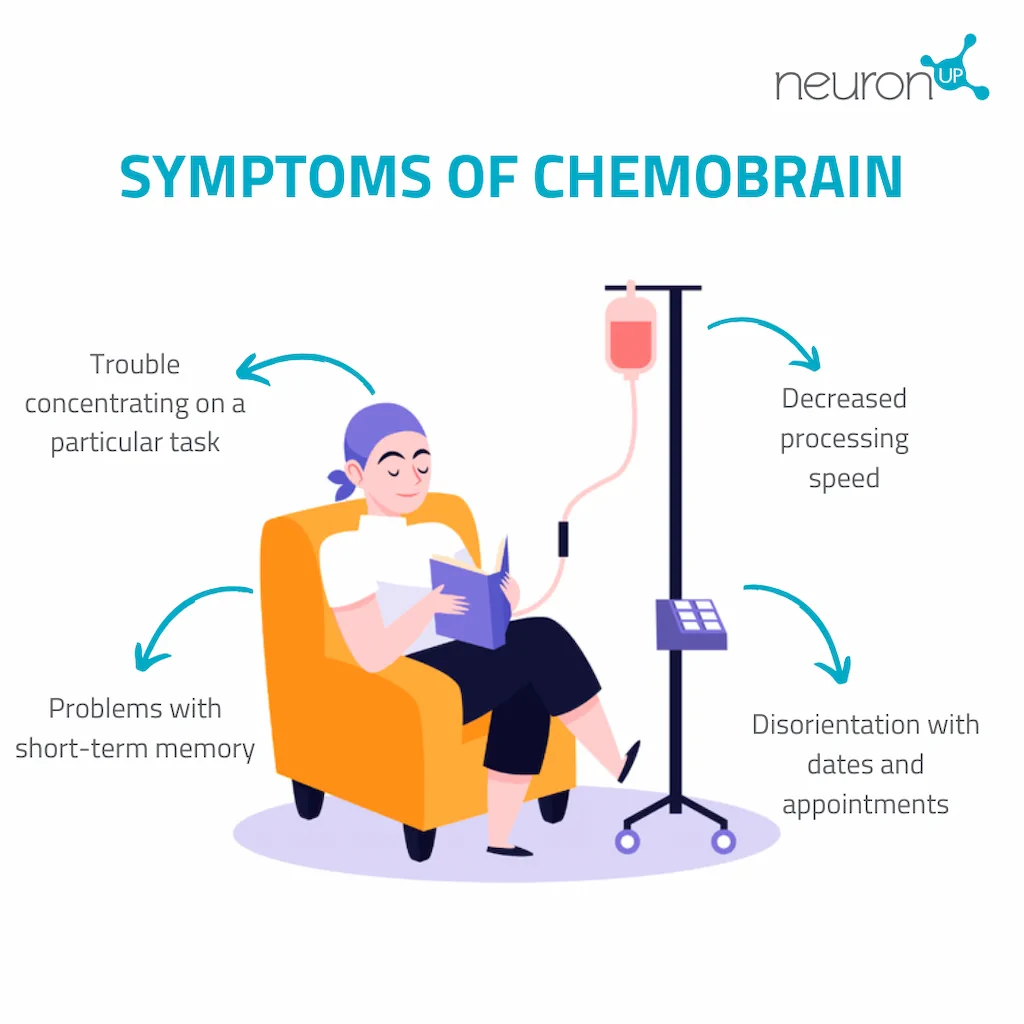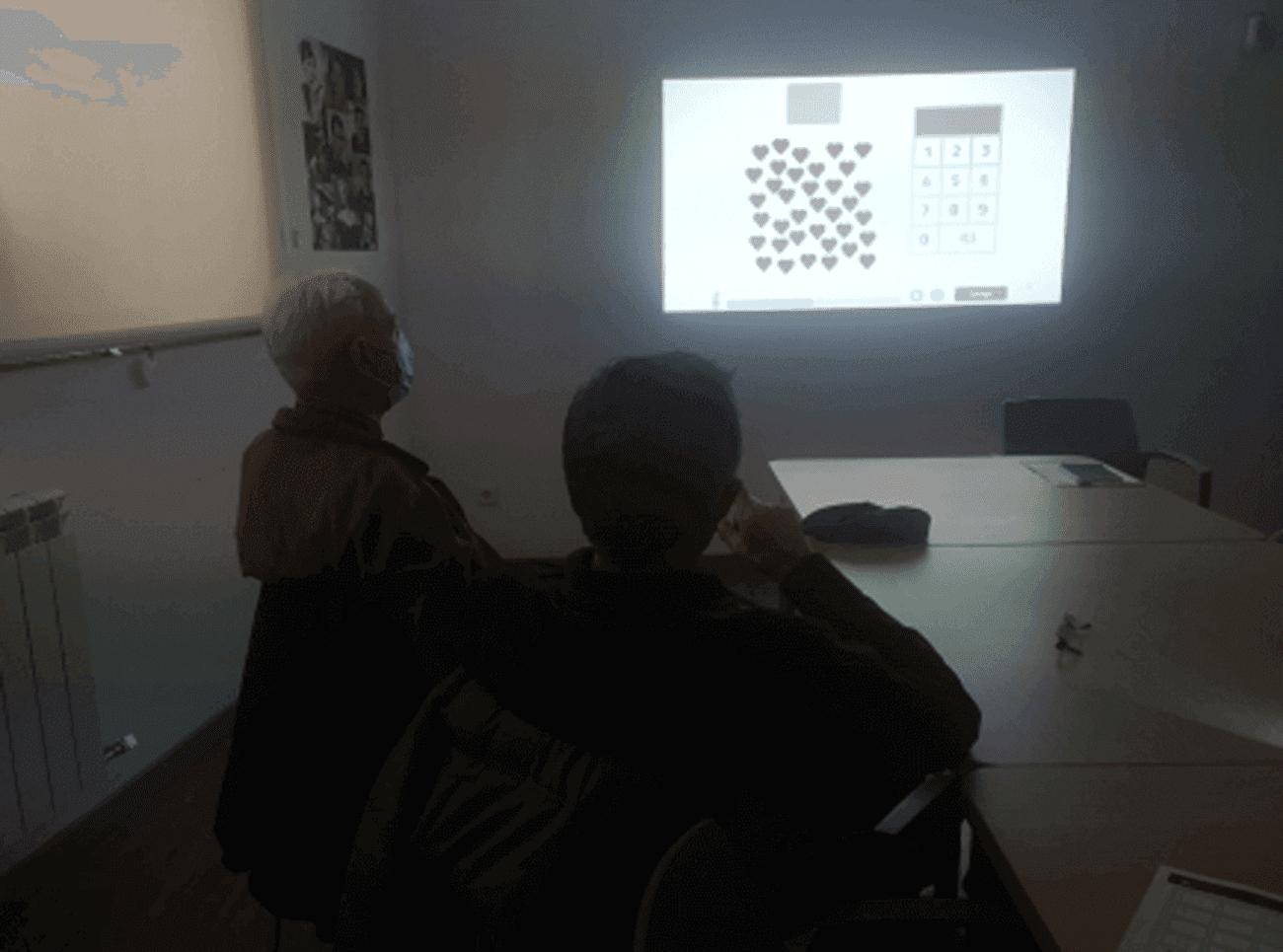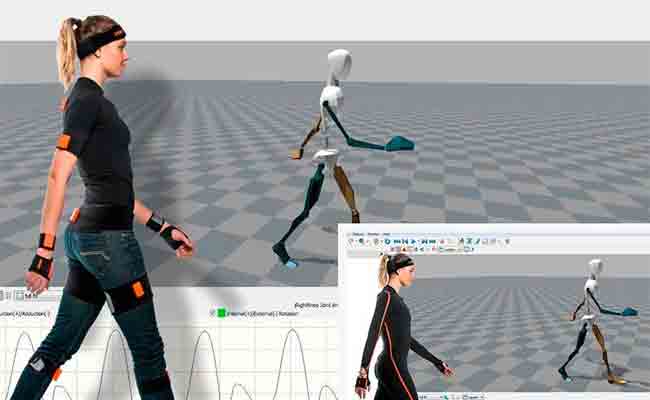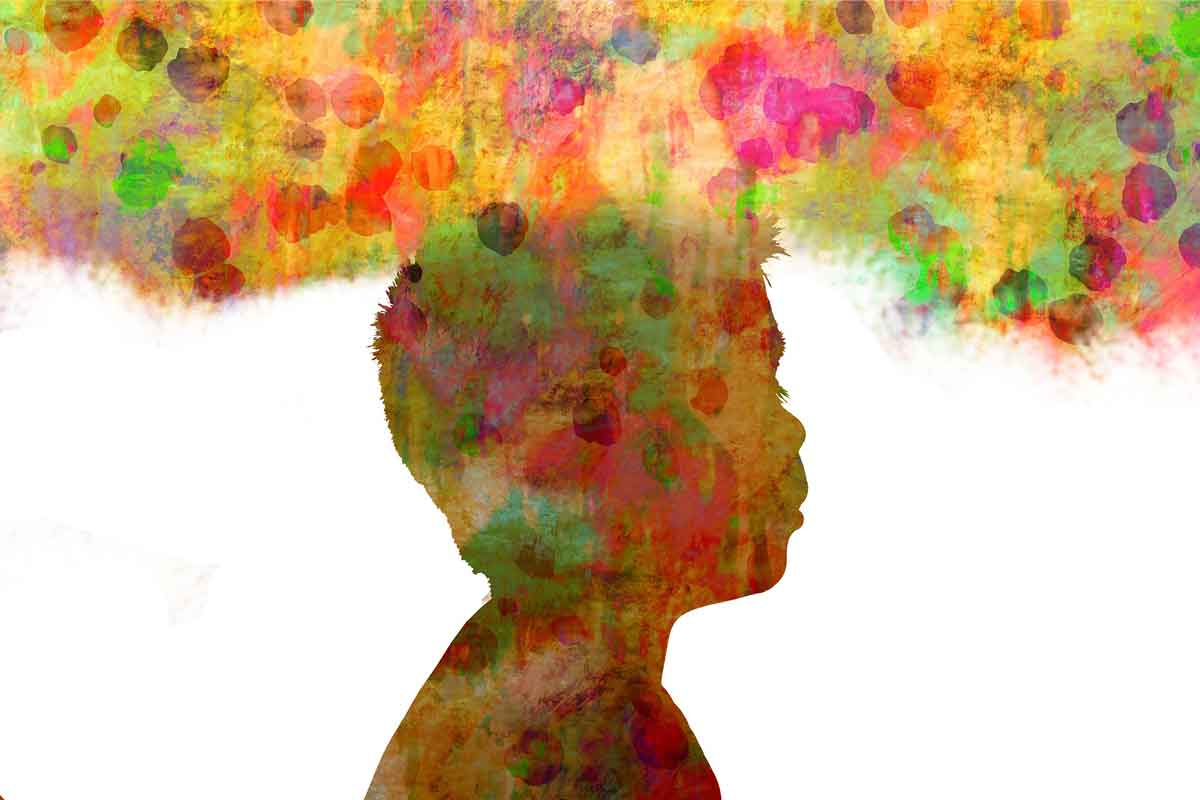What is chemo brain?
Chemo brain, or chemo fog, is an adverse effect experienced by patients receiving chemotherapy. Those being currently treated and cancer survivors can have issues with cognitive impairment with special difficulty in efficiently processing information.
It is important to distinguish between cognitive impairment caused by certain chemotherapeutic agents, which are neurotoxic, and cognitive changes associated with central nervous system tumors.
As there are different types of chemotherapy with specific mechanisms of action, there can be varied effects on the brain and consequently, on cognitive functioning. Diagnosing chemo brain is, therefore, challenging, since clinical analysis of each individual patient is needed.
There is a lack of criteria regarding the tools that collect information to screen for chemo brain such as blood tests, brain imaging techniques or the presence of numerous other symptoms (fatigue, anxiety, pain, anemia, etc.).
In summary, there is a lack of consensus regarding the definition of the syndrome or the phenotype (adverse effects of treatment) of chemo brain.
Common symptoms of chemo brain

According to MD Anderson Center, the symptoms of chemo brain are:
- Difficulty concentrating on a single task.
- Problems with short-term memory such as forgetting details of recent events.
- Feeling mentally “slower” than usual.
- Confusing dates and appointments.

How to confront chemo brain?
The goal is to minimize the adverse effects of treatment and maximize cognitive function by maintaining brain health.
However, it is essential to take comorbidity into account and conditions such as cancer-related fatigue or sleep problems.
Evidence suggests that the optimization of cognitive functions is based on:

- Physical activity.
- Administration of cognitive behavioral therapy.
- Cognitive stimulation.
- Environmental modifications and psychoeducation.
Bibliography
- Allemani C, Matsuda T, Di Carlo V, Harewood R, Matz M, Nikšić M, Bonaventure A, Valkov M, Johnson CJ, Estève J, Ogunbiyi OJ. Global surveillance of trends in cancer survival 2000–14 (CONCORD-3): analysis of individual records for 37 513 025 patients diagnosed with one of 18 cancers from 322 population-based registries in 71 countries. The Lancet. 2018 Mar 17;391(10125):1023-75.
- Wefel JS, Vardy J, Ahles T, Schagen SB. International Cognition and Cancer Task Force recommendations to harmonise studies of cognitive function in patients with cancer. The lancet oncology. 2011 Jul 1;12(7):703-8.
- Ferguson RJ, Cassel AG, Dawson RF. Cognitive effects of cancer chemotherapy in adult cancer survivors: Cognitive-behavioral management. Journal of Rational-Emotive & Cognitive-Behavior Therapy. 2010 Mar 1;28(1):25-41.
- Gehring K, Aaronson NK, Taphoorn MJ, Sitskoorn MM. Interventions for cognitive deficits in patients with a brain tumor: an update. Expert review of anticancer therapy. 2010 Nov 1;10(11):1779-95.
If you liked this article written by Pablo Cruz, you might find his following article interesting as well:







 Phobias and the brain: Eliminating phobias
Phobias and the brain: Eliminating phobias
Leave a Reply